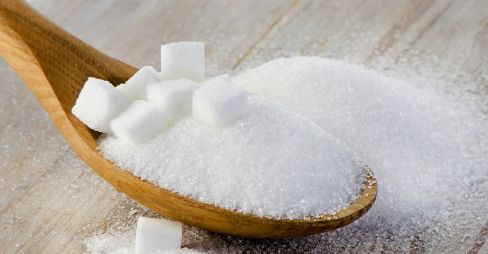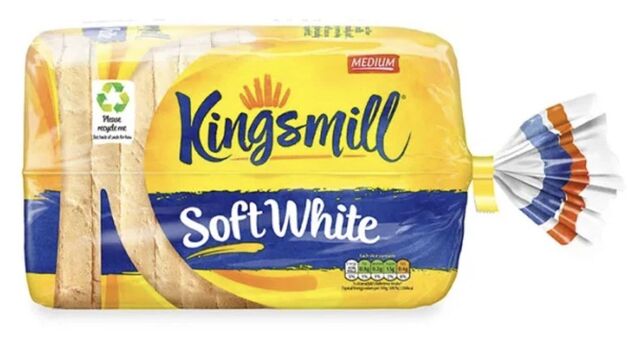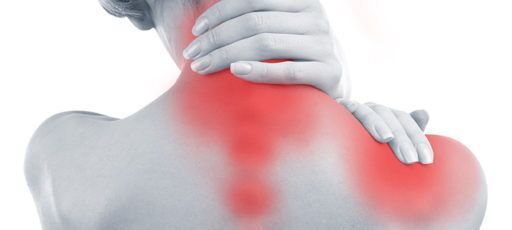THE cells of our bodies use sugar (glucose) for energy. This has led to the idea that cancer cells grow faster than usual with sugar feeding them.
This isn’t true and there is no evidence to prove that cutting out sugar from your diet will prevent cancer or stop cancer cell growth. But consuming a high intake of food and drink with added free sugars could lead to weight gain and obesity if you are going above the calories your body needs on a given day. And obesity is not only a risk factor in oesophageal cancer, it can increase the risk of bowel, liver, pancreatic, breast and prostate cancers. Of course other factors play a role too but you should try and control your wright if you can as prevention is better than cure.
Small amounts of free sugars are no harm. Guides for 4-6 year olds are no more than 19g per day; 7-10 year olds no more than 24g; and 11 years and above (including adults) no more than 30g per day. 30g of free sugars is equivalent to a small Dairy Milk bar.
Free sugars include sugar added to food or drinks like biscuits, chocolate, flavoured yoghurts, breakfast cereals and fizzy drinks.
Always read labels and follow the guides. Natural sugars in honey, syrups, unsweetened fruit juices, vegetable juices and smoothies also count towards free sugars. Fruit juices and smoothies also count towards your five fruit or vegetables daily recommended intake, so read your labels. Sugar naturally occurring in milk, solid fruit, veg, starches (bread, rice, pasta etc) and other foods don’t count as free sugars but always check for added sugars in ingredients – and the same for any food.
•Lee McCusker (BA; MSc; MSc; MSc; ANutr; SENr) is a registered nutritionist from Belfast and can be found on Facebook, Instagram and Twitter. Email: attentive nutrition@gmail.com








